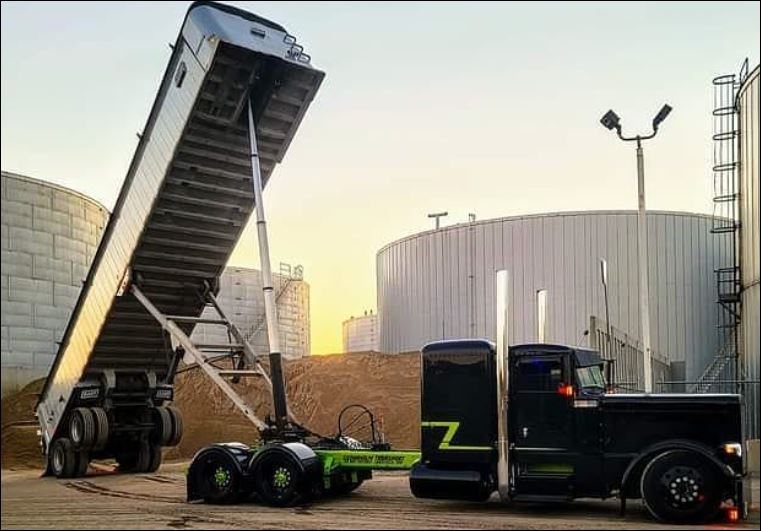The growth of a Dump Truck or End Dump business owned and operated by an individual or a small team can vary widely based on several factors, including the local market, competition, economic conditions, and your business strategies. Here’s a general overview of how a dump truck business may grow over the years:
- Year 1 – Start-Up:
- In the first year, you’ll likely focus on getting your business up and running. This may involve acquiring one or more dump trucks, obtaining necessary licenses and permits, establishing business relationships with suppliers and potential clients, and setting up basic accounting and administrative systems.
- Year 2-3 – Establishing the Business:
- The second and third years are often about solidifying your presence in the local market. You’ll want to secure long-term contracts or projects with construction companies, contractors, and other potential clients. Consistent work and reliable service will be key to building your reputation.
- Year 4-5 – Expansion:
- By the fourth and fifth years, you may consider expanding your fleet of dump trucks and hiring additional drivers or operators to handle the increased workload. Expansion should be driven by demand and financial stability.
- Year 6-10 – Growth and Diversification:
- In the following years, continued growth and diversification are possible. You can explore new markets or services related to construction and transportation. Diversifying your services, such as offering hauling services, material sales, or site preparation, can increase revenue streams.
- Beyond Year 10 – Sustainability and Optimization:
- As your business matures, the focus shifts to sustainability, maintaining customer relationships, and optimizing operations. Regularly reviewing your fleet’s efficiency and performance, as well as managing costs, can be crucial.
Keep in mind that the growth trajectory of your dump truck business will depend on factors like location, competition, the strength of the construction industry in your area, and your ability to manage the business efficiently. Additionally, market fluctuations and economic conditions can influence your business’s growth potential. It’s essential to adapt to changing circumstances and remain flexible in your business strategies.
To ensure long-term success, you should also stay current with industry trends, invest in equipment maintenance, and maintain a strong online and offline presence to attract new customers while retaining existing ones. Finally, consult with a financial advisor or business consultant to help you make informed decisions for your specific situation.



